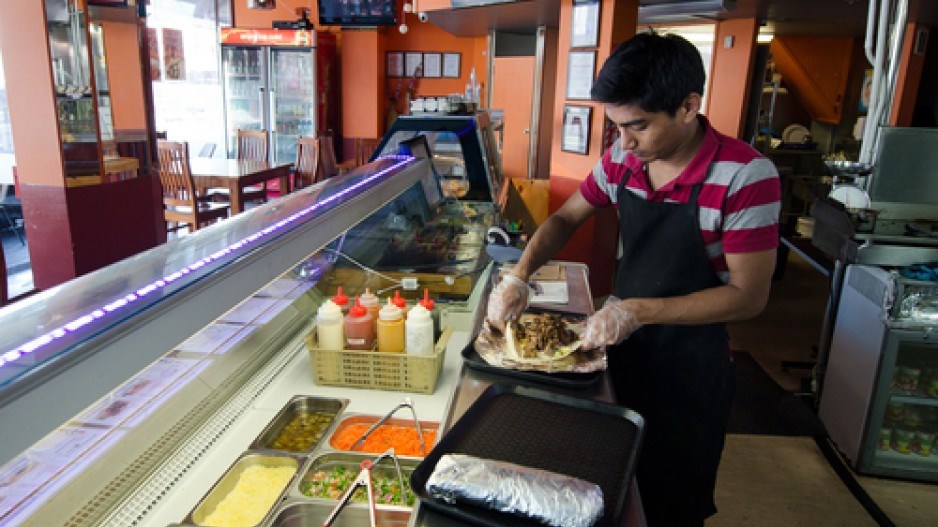Most B.C. workers shouldn’t expect advances in technology to advance their incomes in the coming years, according to research from the Business Council of B.C. (BCBC).
In a November 1 risk assessment examining the impacts of automation on the workforce, the council concluded 42% of B.C. workers are in occupations with a “high probability” of being automated in 10-20 years.
Compared with the rest of the country, B.C. has a larger share of jobs more susceptible to automation such as retail salespersons, food counter attendants, cashiers, transport truck drivers and general office support workers.
“This percentage [42%] is slightly higher than for Canada, indicating that B.C. could face more automation-related adjustment costs. Low-income occupations could bear a disproportionate share of the costs of re-tasking, re-skilling, relocation, job destruction or slower real wage growth due to automation,” wrote report author David Williams, the BCBC’s vice-president of policy.
“All else being equal, automation could also exacerbate B.C.’s income gap across occupations relative to Canada.”




